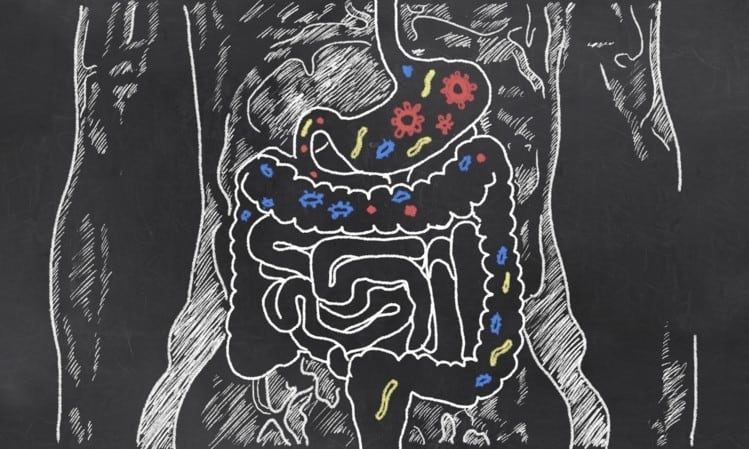The double-blind, randomised, placebo-controlled trial was conducted at Concord Repatriation General Hospital and St Vincent’s Hospital in Australia between 2019 and 2020.
Findings of the study were published in Lancet Gastroenterology and Hepatology.
Thirty-five patients with ulcerative colitis for more than three months were involved in the trial. They were between the age of 18 and 75 years old.
After two weeks of antibiotic treatment consisting of amoxicillin, metronidazole, and doxycycline, the patients were randomly assigned to receive either oral lyophilised FMT or placebo capsules for eight weeks.
The oral FMT was prepared from two healthy unrelated donors without gastrointestinal symptoms or recent use of antibiotics and probiotics.
The researchers also conducted 16S rRNA amplicon sequencing on the donors’ FMT samples to exclude the presence of Sutterella and Fusobacterium species.
At week eight, 10 patients in the FMT group who achieved positive response – meaning a corticosteroid-free clinical or endoscopic response – were randomly assigned to either continue or to withdraw FMT for another 48 weeks.
“To the best of our knowledge, our randomised, double-blind, placebo-controlled study of oral FMT in ulcerative colitis is the first clinical trial using an intensive, exclusively oral regimen of FMT in the induction of remission of ulcerative colitis,” said the researchers.
Findings
At week eight, 53 per cent of the patients in the FMT group were in corticosteroid-free clinical remission with endoscopic remission.
In contrast, only 15 per cent of those in the placebo group were in remission.
In patients who were recruited to continue the study for another 48 weeks, it was found that those who continued FMT were in clinical, endoscopic, and histologic remission by the end of the study.
However, no remission in active ulcerative colitis was seen in those who were given the placebo during the 48 weeks.
“Antibiotics followed by orally administered FMT was associated with the induction of remission in patients with active ulcerative colitis.
“Continuing FMT was well tolerated and appeared to demonstrate clinical, endoscopic, and histological efficacy. Oral FMT could be a promising and feasible treatment option for patients with ulcerative colitis.”
Bacteria diversity
Oral FMT was shown to increase the bacteria species richness, as compared to the placebo treatment.
For example, there was a significant increase in donors’ bacteria species in patients receiving FMT.
In addition, in patients who responded positively to the FMT treatment, Bacteroides OTU19 was found to have uniquely increased, while non-responders showed an increase in Bacteroides OTU14.
In patients from the placebo group but achieved clinical and endoscopic recovery, a linear, rather than exponential post-antibiotic recovery of bacterial species richness was seen.
Donors’ roles
The donors also played an important role on the outcome of the trial.
Between the two donors, one of the donors had a significantly higher bacterial diversity, driven by higher species evenness rather than richness.
All patients who took oral FMT from this particular donor reported corticosteroid-free clinical remission and either endoscopic remission or response.
However, only 36 per cent of the patients who took oral FMT from the other donor reported a positive response to the treatment.
Adverse events
Adverse events were reported in 67 per cent and 85 per cent of the patients in the FMT and placebo group respectively.
The adverse events were generally mild and self-limiting gastrointestinal complaints.
However, serious adverse events were also reported, including worsening ulcerative colitis in two patients from the FMT group, one in the placebo group, and per-rectal bleeding in one of the patients from the placebo group.
Find out more about the trial and the potential of oral FMT here.
Source: Lancet Gastroenterology and Hepatology
Lyophilised oral faecal microbiota transplantation for ulcerative colitis (LOTUS): a randomised, double-blind, placebo-controlled trial
https://doi.org/10.1016/S2468-1253(21)00400-3
Author: Rupert Leong et al





